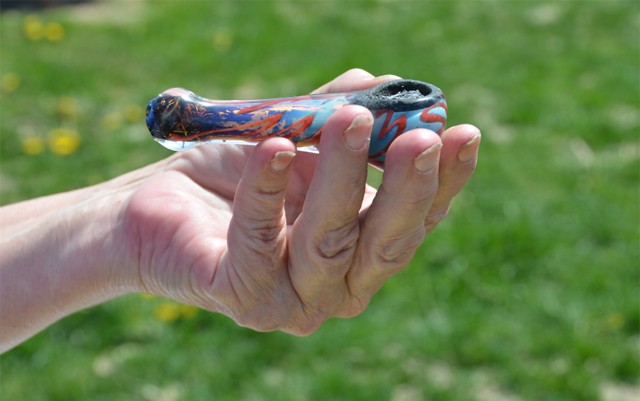It’s been an anticipation filled ride over the last couple of weeks for those taking part in Maine’s Campaign to Regulate Marijuana Like Alcohol. When they first submitted their petitions for validation in February, they were let down as Secretary of State Matt Dunlap deemed thousands of petitions invalid due to a discrepancy in a notary’s signature. Knowing this was either laziness or a crap tactic to keep legalization off the ballot, the group bought the issue to court.
It was less than a month after the court case was announced that the judge agreed and deemed it necessary that the signatures be reconsidered. At this point David Boyer (campaign manager) was sure that the recount was more of a formality than anything else – after all, they had submitted almost 100,000 signatures and thousands were deemed invalid on one man’s signature alone.
As it turns out Boyer was right as it was announced this week by Secretary of State Dunlap that the minimum number of signatures (61,0000) had been validated after reconsideration of only 11,000 signatures – all on petitions notarized by Stavros Mendros, whose signature had been previously questioned. This was after seven circulators who gathered the signatures on these petitions swore under oath that they signed the petitions in the presence of Mendros.
“Seven circulators whose petition signatures were invalidated due to the notary signature of Stavros Mendros have submitted affidavits swearing under oath that they signed their petitions in front of Mendros as notary,” Dunlap’s office told the Press-Herald. “Based on those sworn statements, Secretary Dunlap has now certified the 11,305 signatures collected by those circulators that meet the requirements to be included as valid signatures, despite the variability in the original notary signature on the circulator’s oath.”
Dunlap will not continue to validate any more signatures since the minimum has been met. From here the citizens’ initiative will end up on the desks of lawmakers who can choose to enact it themselves; however it is expected that lawmakers will leave this sit until it reaches voters in the form of a question on their ballot in November.
“We think that regulation and controlling marijuana and putting it behind the counter is a far better approach than giving drug dealers a monopoly,” Boyer said.
This gives the Campaign to Regulate Marijuana Like Alcohol quite a few months to get their message out and try to convince uncertain Maine voters that this is the right course of action. An initiative very much like this one was on the ballot last year and clearly it lost – but the larger turnout and the exceptional amount of time they have until November to change some minds could be all that is needed for Maine to be one of the first East Coast states to legalize recreational marijuana.






